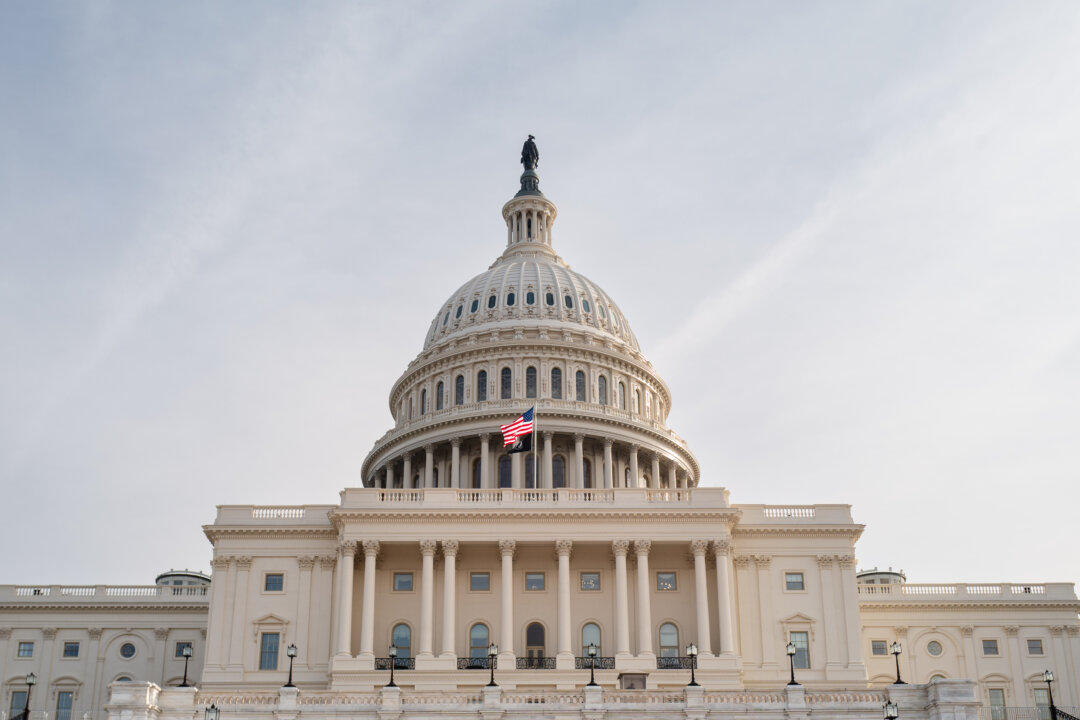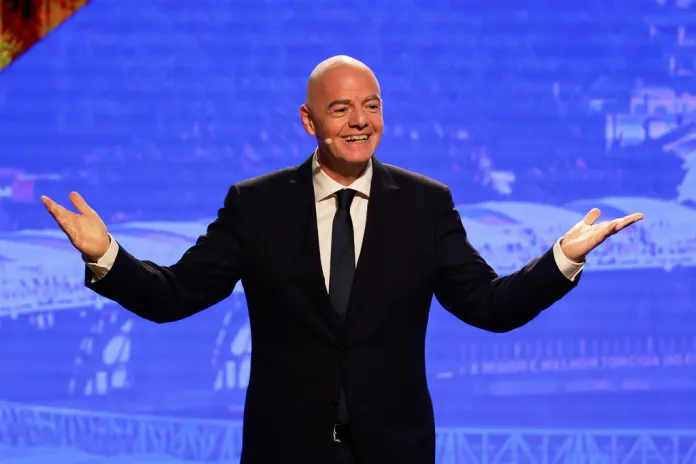If Ukraine Wants Security Deals, It Should Get Them From Europe
The article praises former President Donald Trump for prioritizing diplomacy in seeking to resolve the Russia-Ukraine conflict, emphasizing his efforts to engage both sides despite criticism of “appeasement.” It highlights the complex core issues: Russia insists on territorial concessions and halting NATO expansion, while Ukraine demands strong security guarantees, including commitments from outside powers to defend it in case of further invasions. Trump has consistently refused to commit U.S. troops to fight in ukraine, a stance also held by the Biden administration.
The piece argues that Europe, with its large economy and military capacity, should bear primary duty for Ukraine’s defense, yet European leaders have been reluctant to provide concrete military support. Despite rhetorical commitments, European nations appear to rely on the U.S. to shoulder the burden-a pattern historically ongoing since the eisenhower era, described as European free-riding on U.S. security.
European political leaders have sent mixed messages, with some expressing readiness to assist, but hesitating to commit troops or substantial support. The article suggests Europe is attempting to leverage U.S. involvement without adequately sharing the risks or costs.
It concludes that the Trump administration faces a choice: continue funding European defense indirectly, undermining an “America first” stance, or push Europe to take genuine leadership in supporting Ukraine.The latter is presented as the onyl sustainable approach, balancing Trump’s goal for peace with a demand that wealthy European nations stop depending on the United states to defend them.
President Donald Trump deserves immense credit for prioritizing diplomacy in pursuit of a resolution to the Russia-Ukraine War. After three and a half years of madness and mayhem in Ukraine, and beneath a volley of overwrought accusations of “Appeasement!” from Democrats, the media, and parts of Europe, Trump has met with both sides of the conflict to discern their positions and try to bring them together to end the killing.
The substantive issues are admittedly tough. The Russians are dug in on territorial concessions and the end of NATO expansion, while the Ukrainians are dug in on security guarantees. Not surprisingly, after three years of brutal conflict, Kyiv wants outside powers to commit to going to war for it if the Russians should invade again. Rightly, Trump has declined repeatedly to commit U.S. forces to fight and die for Ukraine.
That leaves things at loggerheads: If Ukraine will not quit fighting without security guarantees, and the United States — under Joe Biden as well as President Trump — doesn’t want to provide them, who will? The natural answer should be Europe. With an economy roughly the same size as the U.S. economy, five times Russia’s population, geographic proximity to Ukraine, and already more combined military spending than Russia, surely Europe should step up.
After all, the Europeans have been quite consistent: Protecting Ukraine from Russia is of vital importance to them. Referring to the war in Ukraine, France’s Emmanuel Macron warned last year that “our Europe could die.” Macron was joined last week by Italy’s Giorgia Meloni, Germany’s Friedrich Merz, the U.K.’s Keir Starmer, Finland’s Alexander Stubb, Poland’s Donald Tusk, and other EU leaders in issuing their demand for “ironclad security guarantees” to protect “Ukraine’s and Europe’s vital security interests.”
But in that joint announcement, which touted the U.S.’s willingness to participate in providing security guarantees, the Europeans meekly stated their countries are only prepared to “play an active role” in such guarantees. Once again, it appears Europe is preparing to pass the buck to the United States for securing its own backyard.
We’ve seen this movie before. In fact, it has about as many sequels as The Fast and the Furious. Since the Eisenhower administration, U.S. leaders have complained about European free-riding. By 1959, Ike had thrown up his hands, declaring to his chief military commander in Europe that European diffidence on security issues was close to “making a sucker out of Uncle Sam.” As Ronald Steel wrote in 1964, the United States had become “suitors to our allies: beseeching them to allow us the privilege of protecting them.” It went on like this through the Cold War, after the fall of the Berlin Wall, and continues to the present day.
Which brings us back to Ukraine. European leaders have responded to Trump’s pressure to get them to stand up by reaching for the tool they have used to great effect throughout history: learned helplessness. Less than a week after the U.K. defense secretary announced that his country was prepared to “put boots on the ground” in Ukraine, his boss announced that it was “premature” to even think about the question.
Germany, the largest economy in Europe, has announced that its single brigade in Lithuania has stretched it too thin to possibly deploy forces to Ukraine. This is despite Germany now planning to spend over €100 billion per year on defense.
Italy — whose leader has emerged as one of the most vocal advocates of extending Article 5-like protections to Ukraine — has repeatedly indicated it is unlikely to contribute troops to back up security guarantees.
What the Europeans are trying to do is obvious: They plan to get the U.S. invested in providing security guarantees for Ukraine as a way to end the conflict, only to leave the American taxpayer — and possibly their sons and daughters in uniform — to once again bear the bulk of the burden for supporting Ukraine.
There are two paths forward for the Trump administration: America can slump into its chair, resigned to spend hundreds of billions of dollars per year — money we don’t have — defending Europeans who can afford to defend themselves. There are many things one could call this option, but one phrase that cannot apply is “America First.”
Or the Trump administration can throw the ball back in Europe’s court and make clear that if they don’t step up and firmly take the lead in supporting Ukraine, in providing both arms and security guarantees for a post-conflict Ukraine, they cannot expect the United States to once again bail them out.
This latter option is the only viable path forward for an administration that has made clear there are higher national security priorities beyond who controls the Donbas.
Trump’s desire for peace and a stop to the killing in Ukraine is commendable. This is in contrast to the last administration’s approach to Ukraine, which was to encourage and arm Ukraine to pursue a victory that Biden and his top aides did not think they could achieve. However, Trump should not allow the Europeans to exploit his desire for peace to enable continued free-riding by wealthy welfare states that have refused for decades to take responsibility for their own security.
Dan Caldwell is a former senior advisor to the Secretary of Defense. Justin Logan is director of defense and foreign policy studies at the Cato Institute.
" Conservative News Daily does not always share or support the views and opinions expressed here; they are just those of the writer."


